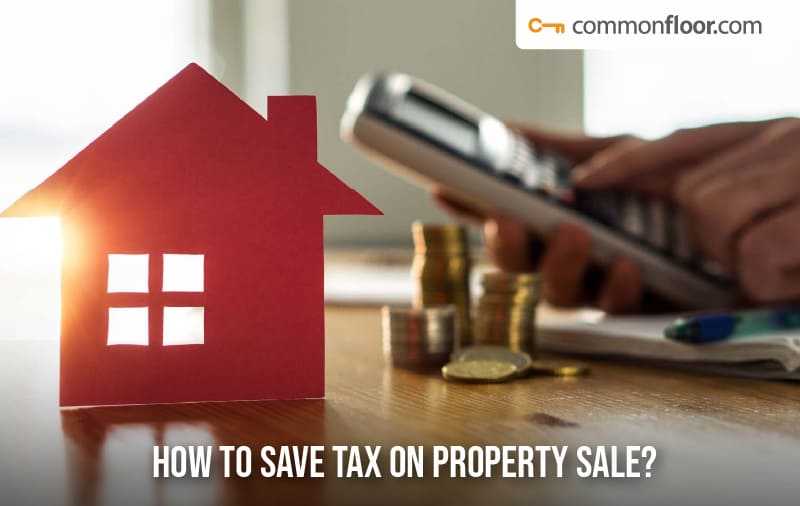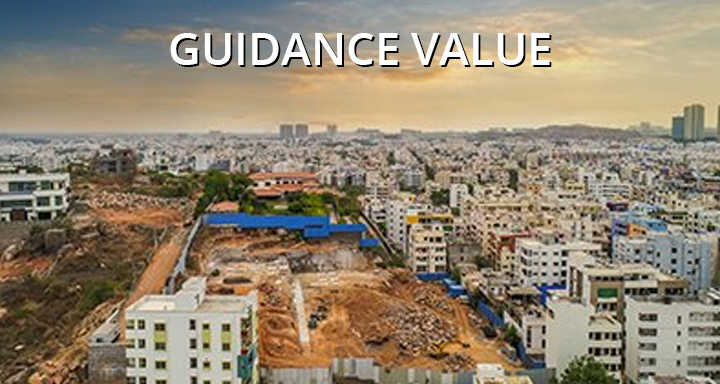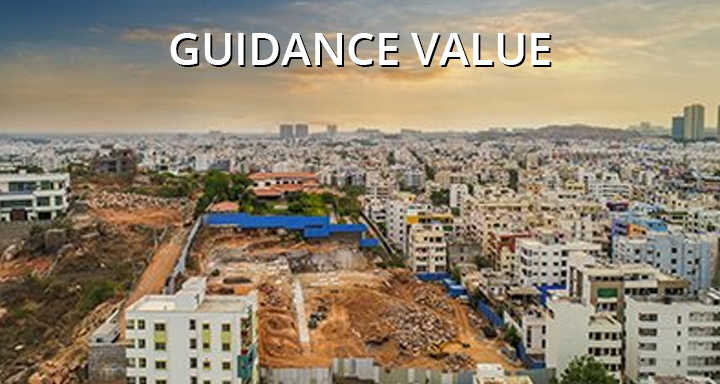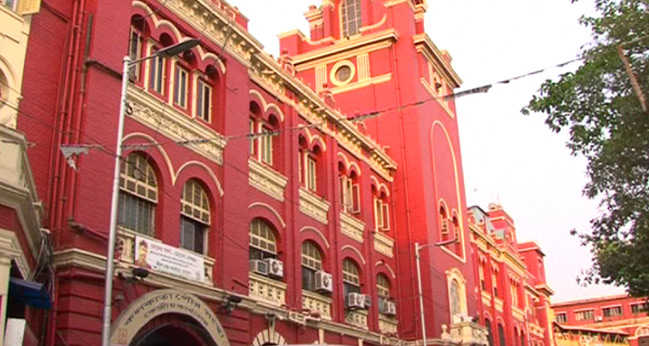Know all about Property Tax in Bangalore
 Property ownership is often more complicated than simply being tenants, especially because it attracts property tax. In addition, the calculations and procedures for payment of property tax can be confusing for many. Undoubtedly, understanding property tax along with associated expenses and payment procedures will empower you to plan your finances and property tax payment calendar accurately.
Property ownership is often more complicated than simply being tenants, especially because it attracts property tax. In addition, the calculations and procedures for payment of property tax can be confusing for many. Undoubtedly, understanding property tax along with associated expenses and payment procedures will empower you to plan your finances and property tax payment calendar accurately.
If you have a property in Bangalore and are seeking answers to your property tax-related questions, then the following guide will surely help you. More importantly, the Bruhat Bengaluru Mahanagara Palika (BBMP) recently said that it will no longer accept cheques for payment of property tax from this financial year. The reason cited is that in 2013-14, about 8,000 property-tax cheques bounced. Not to be a loser again this year, the civic agency has banned citizens from paying property tax by cheque. Payments can be made in cash or by demand draft.
Calculation of Property Tax
The BBMP is the most reliable and accurate resource for calculating property tax amount to be paid by property owners. The BBMP website presents users with tax calculators for residential and vacant land, non-residential property, village property and SWM Cess. It is highly recommended that property owners use the calculators on the BBMP site as manual calculation can be quite confusing for many.
However, you can also calculate property tax with the help of Self-Assessment System offered by BBMP. The following is the simplified calculation process:
First and foremost, to calculate your property tax, you must have a clear understanding of the zone in which your property lies, total built-up area of your property, total vehicle parking area allotted to you and the year of construction of your property. Details of the zone can be taken from the BBMP website. If the sale deed does not mention the parking area then it is suggested that you calculate using an approximate area of 150 sq.ft.
The property tax self-assessment system is based on the Annual Rateable Value (ARV), which is the expected gross annual rent from the property from year to year. Given below is an example of calculating property tax using this method:
In this example we are assuming that the property lies in Zone D, the built-up area is 1000 sq.ft. and the car parking area is 150 sq.ft. Also, we are using the following variables:
T = (Tenanted area of property) × (Per sq.ft. rate of property) × 10(Months)
S = (Self-occupied area of property) × (Per sq.ft. rate of property) × 10(Months)
C = (Vehicle parking area) × (Per sq.ft. rate of vehicle parking area) × 10(Months)
G = Gross Unit Area Value
H = Percentage of depreciation rate
I = Depreciation amount
J = Net Unit Area Value of property after depreciation
K = Property Tax
The rate per sq.ft of your property depends on the zone in which your property lies and can be determined with the help of the Annexure 1 of the Property Tax Handbook offered by BBMP on their website. In the same way, the depreciation rate of your property can be determined with the help of Annexure 3 of the same handbook.
We are assuming that the Zone D rates per sq.ft. for tenanted, self-occupied properties and car parking area is Rs.3.20 per sq.ft., Rs.1.60 per sq.ft. and 0.80 per sq.ft respectively. We are also assuming that the depreciation rate is 3%. Here goes the calculation in this case:
G = (T+S+C)
I = (G×H)/100
J = G – I
K = J×20%
Considering our assumptions:
T = 0 × 3.20 × 10 = 0 (assuming that part of the property is tenanted)
S = 1000 × 1.60 × 10 = 16,000
C = 150 × 0.80 × 10 =1,200
G = (T+S+C) = 17,200
I = (G×H)/100 = (17,200 × 3)/100 = 516
J = G – I = 17,200 -516 = 16,684
K = J×20% = 16,684 ×20% = 3337
The basic property tax that needs to be paid in this case is Rs.3337. However, one must also add 24% Cess as mentioned in the Annexure 1 of property tax.
3337 ×24% = 801
Hence, the total Property Tax to be paid is 3337+801 = Rs. 4138
Please note that you get a rebate of 5% on this amount if you pay on or before the end of financial year stipulated by BBMP, which is almost always the 30th of April of every assessment year. If you fail to pay your property tax before the stipulated deadline, then you will have to bear a penalty of 2% per month on the total payable property tax.
Where to Pay the Property Tax?
In Bangalore, you can choose to make online payment at the BBMP website. If you prefer the online payment method, then you must keep your BESCOM and BWSSB number handy as you will require these numbers while filling up the online form. You can pay online through your Visa or Mastercard credit card. The BBMP does not charge anything extra for payments made through debit cards of banks such as IDBI, ICICI and Corporation Bank.
However, if you do not prefer online payment methods, then you can choose to pay at any of the BangaloreOne centers or mini centers in Bangalore. The exact Bangalore addresses can be found here.
You can also pay property tax at BBMP help centers and various ARO offices in the city. Recently, BBMP has facilitated the property tax payment through 50 bank branches of nationalized and private banks in Bangalore. In addition, the BBMP has also introduced 3-4 mobile vans for each zone where payment can be done. The details of these can be found on the BBMP website. You can also call the BBMP office for the mobile van to come and pick up the property tax from your door step.
How to Pay the Property Tax?
It is a known fact that online payment method is more convenient when compared to offline method. However, if you still choose to make your property tax payment manually, then you will have to choose between the Blue (Form V) and White (Form IV) form, depending on the changes in your property in recent years. To be more specific, if your property has undergone changes in terms of categorization, usage and dimensions since the last time you paid property tax, then you have to go for the Blue form. Alternatively, you must choose the White form. You must keep your Property Identification Numbers (PID) handy, which is a unique combination of your ward number, street number and plot number, and which can be found on the last property tax payment receipt received by you.
Note: According to the latest notification, the revised property tax effective from the financial year 2016-17 may be about 50-100 per cent more than the current property tax in the city. BBMP had earlier proposed to increase the property tax by 20-25 per cent from the next financial year. The civic body has proposed this move in order to cover the gap between its revenue and expenditure. BBMP has already sent the proposal to the state government and intends to bring the revised property tax into effect from 1st April 2016.







